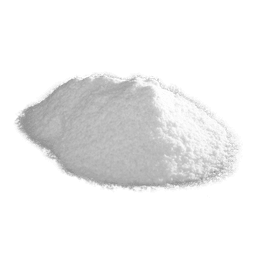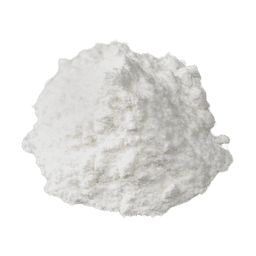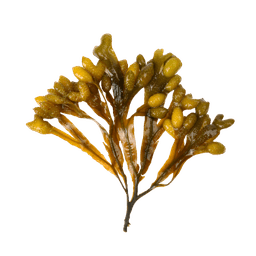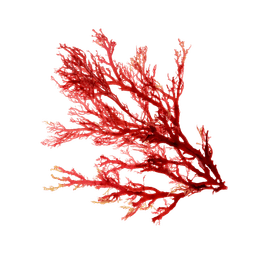3-O-Ethyl Ascorbic Acid
This more stable, and effective, derivative of Vitamin C is highly effective in brightening the skin, reducing the appearance of hyperpigmentation, evening out skin tone and protecting against free radicals and environmental damage.
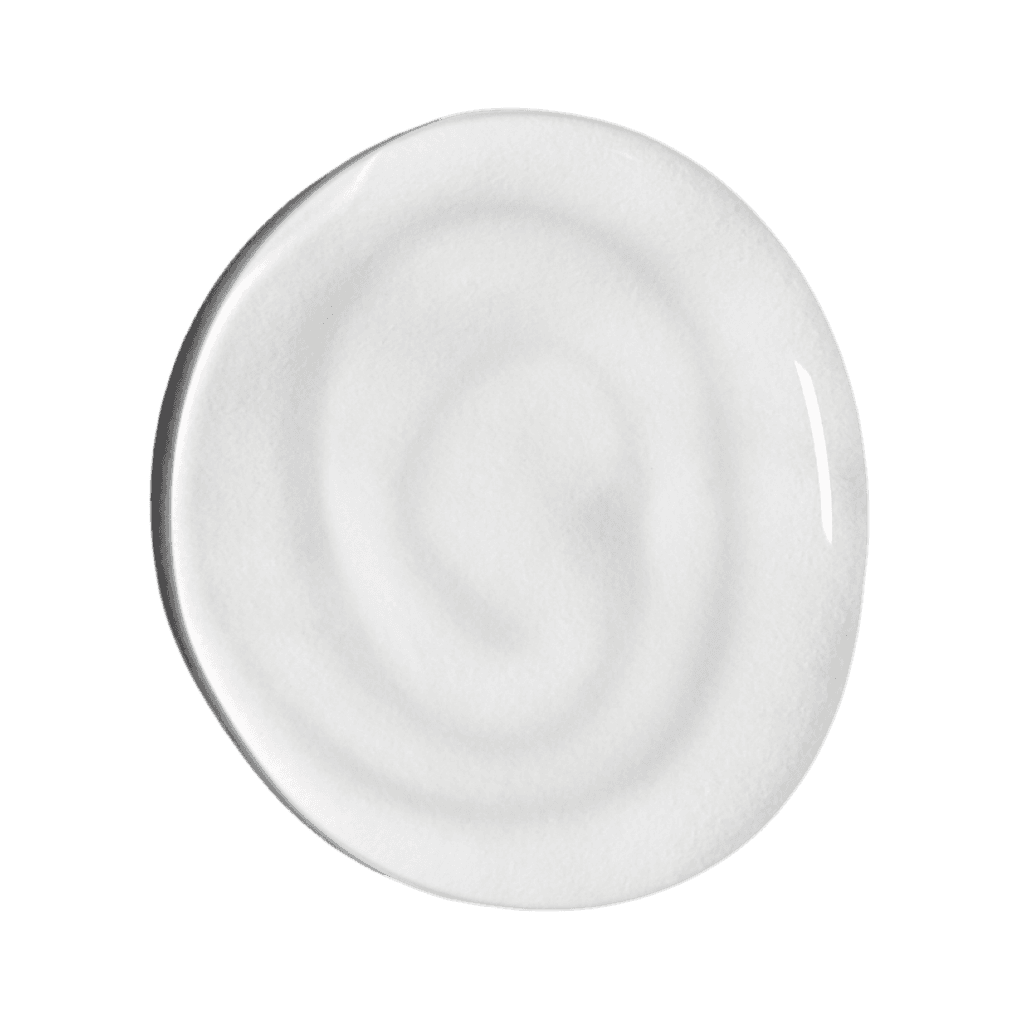
INGREDIENT PROFILE
synonyms
3-O-Ethyl-L-ascorbic acid 86404-04-8 3-o-ethyl ascorbic acid 3-O-Ethylascorbic acid (R)-5-((S)-1,2-Dihydroxyethyl)-4-ethoxy-3-hydroxyfuran-2(5H)-one
INCI
3-O-Ethyl Ascorbic Acid
What it Is
A Stable and Effective Vitamin C Derivative
What it does
antioxidant and anti-inflammatory effects
Targets
improved wound healing to protection from UV-A induced melanogenesis Reduce wrinkle and fine line formation as part of photoaging, likely via its effect as an antioxidant
Find it in
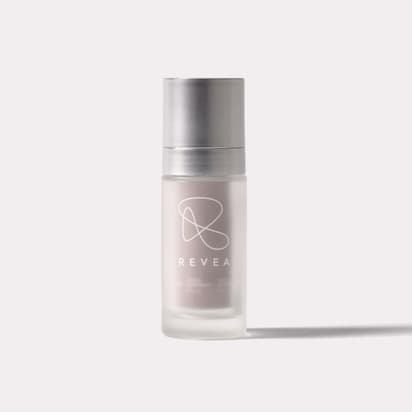 Even element EE1-01
Even element EE1-01Overview
A Stable and more effective Vitamin C Derivative. 3-O-Ethyl Ascorbic Acid is is a modified form of ascorbic acid with enhances its stability and solubility. Unlike pure ascorbic acid, 3-O-Ethyl Ascorbic Acid is more resistant to degradation in the presence of air and light. It retains the well-known properties of traditional Vitamin C. It is highly effective in brightening the skin, reducing the appearance of hyperpigmentation and evening out skin tone. Its antioxidant action combats free radicals, providing protection against environmental stressors like UV rays and pollution. Additionally, this derivative supports collagen synthesis, contributing to improved skin elasticity and a reduction in the appearance of fine lines and wrinkles.
Skin benefits
Improves wound healing capabalities Brightens skin by protecting from UVA induced melanin production Reduces signs of photoaging such as wrinkles and fine lines
What research has shown
A study from 2021 had findings that suggested that cosmeceuticals containing 3-O-ethyl ascorbic acid, ascorbic acid, and its derivatives as an active ingredient could be used for topical application as a potent skin whitening agent. It also demonstrated the following: - EAA suppressed ROS-mediated p53/POMC/α-MSH pathways in keratinocyte HaCaT cells exposed to UVA-irradiation. - EAA activated the antioxidant Nrf2 pathway mediated HO-1, NQO-1, and γ-GCLC protein expression in HaCaT cells leading to the suppression of UVA-activated α-MSH pathways. - EAA inhibited tyrosinase, melanin, TRP-1/-2, MC1R protein expressions, and tyrosinase enzyme activity through MITF downregulation in α-MSH-activated B16F10 cells. - EAA inhibited the endogenous pigmentation and tyrosinase activity
Peer reviewed science
- Cosmetics (2019)
- Archives of pharmacal research (2011)
- Antioxidants (2022)
- Free Radical Biology and Medicine (2021)
